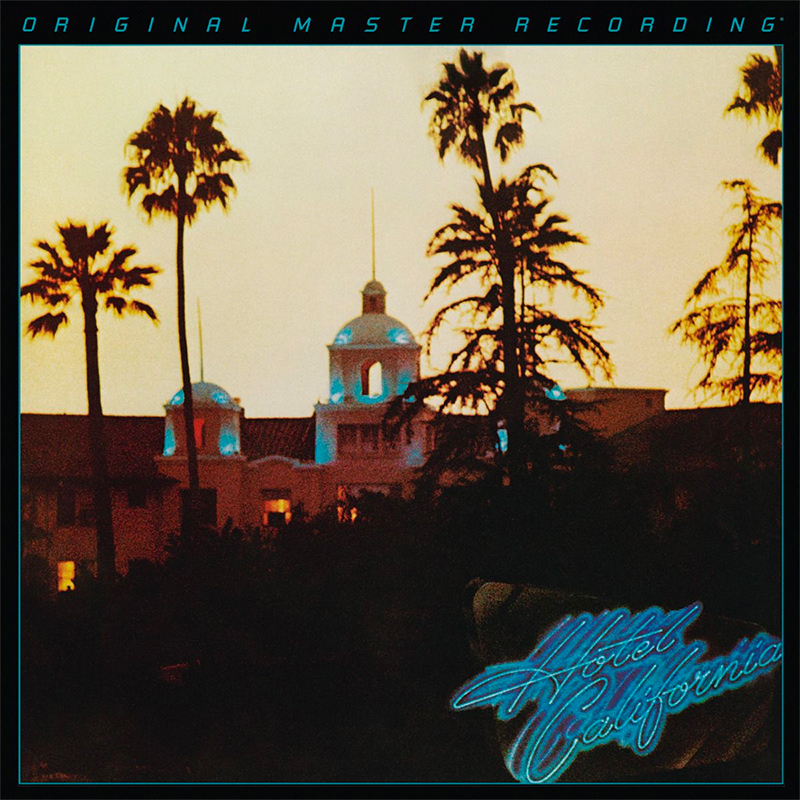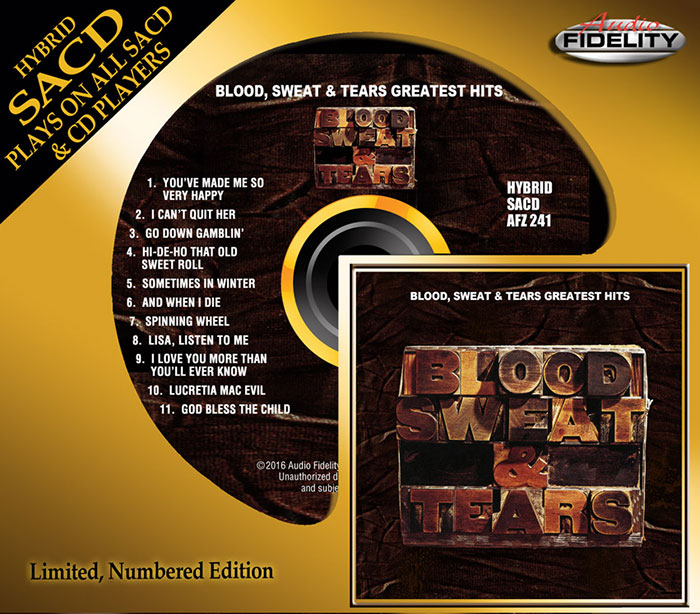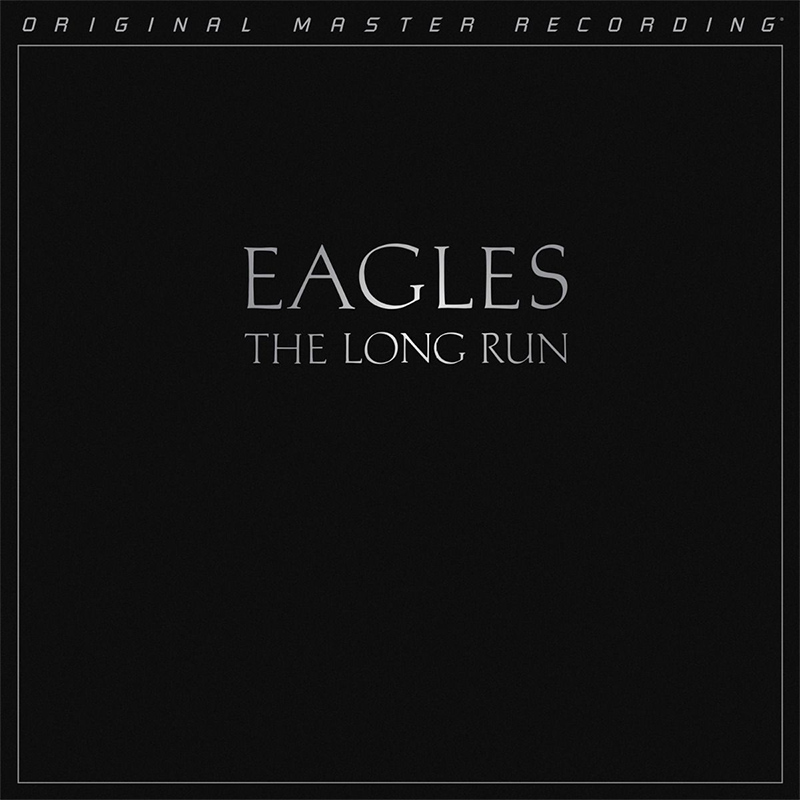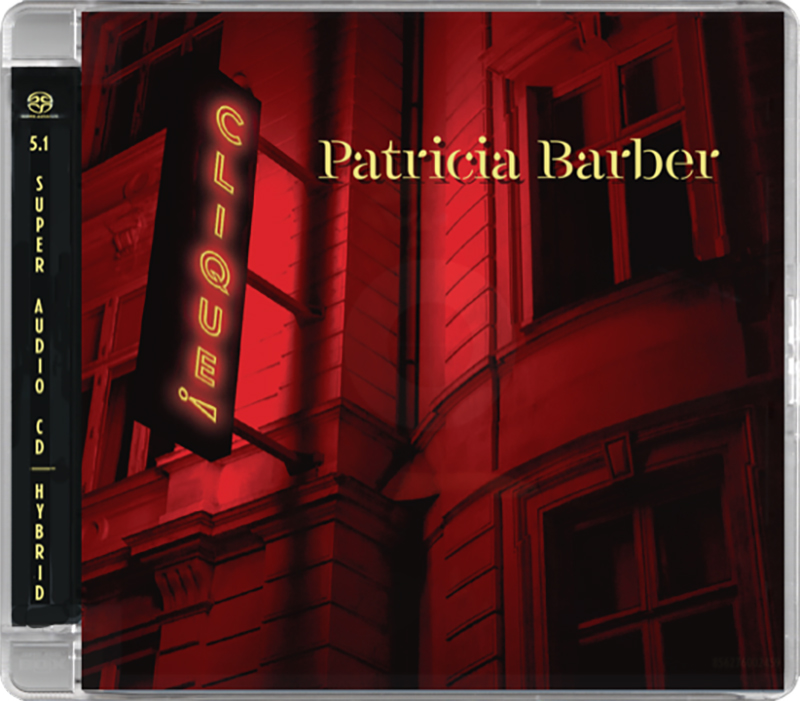Logowanie
Dziś nikt już tak genialnie nie jazzuje!
Bobby Hutcherson, Joe Sample
San Francisco
SHM-CD/SACD - NOWY FORMAT - DŻWIĘK TAK CZYSTY, JAK Z CZASU WIELKIEGO WYBUCHU!
Wayne Shorter, Freddie Hubbard, Herbie Hancock, Ron Carter, Elvin Jones
Speak no evil
UHQCD - dotknij Oryginału - MQA (Master Quality Authenticated)
Chesky! Niezmiennie perfekcyjny
Winylowy niezbędnik
ClearAudio
Double Matrix Professional - Sonic
najbardziej inteligentna i skuteczna pralka do płyt winylowych wszelkiego typu - całkowicie automatyczna
Eagles
Hotel California
- Eagles - Hotel California
- 01. Hotel California (6:30)
- 02. New Kid in Town (5:04)
- 03. Life in the Fast Lane (4:46)
- 04. Wasted Time (4:56)
- 05. Wasted Time (reprise) (1:23)
- 06. Victim of Love (4:09)
- 07. Pretty Maids All in a Row (3:59)
- 08. Try and Love Again (5:11)
- 09. The Last Resort (7:29)
- Eagles - group
The Third Best-Selling Album in History Receives a Substantial Upgrade Befitting Its Cultural Importance: Mobile Fidelity's Hybrid SACD of the Eagles' Hotel California Is Sourced from the Original Analog Master Tapes 26-Time-Platinum Concept Album Plays Like an Epic Cinematic Film: Songs Address Consequences and Chaos of American Mythology, Celebrity, Art, and Entitlement Grammy-Winning 1976 Blockbuster Marks Debut of Guitarist-Vocalist Joe Walsh: Includes Iconic Title Track, "New Kid in Town," "Life in the Fast Lane," and "Victim of Love" Rolling Stone 500 Greatest Albums of All Time - Rated 118/500! The moment the instantly recognizable intertwined guitar passage on the title track to the Eagles' Hotel California begins, the record's genius becomes obvious all over again. Ranked the 118th Greatest Album of All Time by Rolling Stone, certified by RIAA as the third best-selling LP in history, and looked upon as the foundation upon which the Golden State's mid-'70s rustic music scene was built, the 1976 landmark is a music staple immune to shifts in trends, eras, and styles. Fearlessly addressing the chaos and consequences of American life, its songs remain strikingly prescient and gain credence with each passing day. Sourced from the original analog master tapes, Mobile Fidelity's hybrid SACD ensures you will want to permanently check into and never leave this particular Hotel California. Recognizing the importance of presenting this oft-reissued longtime audiophile favorite in spectacular sound, this numbered-edition disc plays with alluring clarity, organic richness, tube-like warmth, massive dynamics, and copious detail. You'll be able to almost smell the colitas and feel the breeze in your hair. Songs feature front-to-back soundstages that allow the music incredible air, roominess, and separation. Indeed, the opportunity to zero in on all the particulars of the Eagles record dubbed "a legitimate rock masterpiece" by vaunted Los Angeles Times scribe Robert Hilburn has never been better. A global phenomenon that marked the band debut of guitarist-singer Joe Walsh, Hotel California continues to resonate and connect with listeners of all generations taken by its narrative depth, stark directness, picturesque melodies, daring majesty, and passionate emotionalism. Adorned with a breathtaking exterior photograph of the Beverly Hills Hotel that serves as the simultaneously haunting and alluring cover art, and rounded out by a rear-cover shot of the Lido Hotel lobby that reinforces a notion that teeters between permanence and transience, Hotel California is brilliantly tied to a specific place that functions as a universally understood metaphor for the American Dream. Confronting the darker undercurrents and oft-ignored constructs attached to that romantic notion, the record's songs revolve around a host of shared themes: excess, mobility, stability, illusion, fame, destruction, and idealism included. Notably, Hotel California appeared at a crucial junction in American history: during the country's bicentennial and amid escalating controversies related to the Vietnam War, energy crisis, governmental corruption, and more. That the Eagles manage to channel such cultural, social, and economical matters into a cohesive, stately, big-picture statement is alone a stupendous feat. That the album's reach, boldness, vitality, accessibility, and understated intensity have never waned make it a marvel. Reflecting on Hotel California 40 years after its original release, and indirectly explaining its enduring appeal and increasing relevance, singer-songwriter Don Henley confirmed the record pertains to the "loss of innocence, the cost of naiveté...the difficulties of balancing loving relationships and work, trying to square the conflicting relationship between business and art; the corruption in politics, the fading away of the sixties dream of 'peace, love and understanding.'" It can be argued that Henley and company squarely hit on and drive home those ideas in the surreal title track, chart-topping "Life in the Fast Lane," and grand "The Last Resort" alone. But that would miss the forest for the trees. Experienced as an unbroken whole, complete with the pristinely shot imagery and physical grooves, Hotel California unfolds like a geography-conscious saga by James Michener and plays like color-saturated movie shot on widescreen 70mm film by Martin Scorcese about our collective and individual decisions and shape of our past, present, and future. And, just like that, conjured by our imaginations, Hotel California continues to take on a life of its own.






































